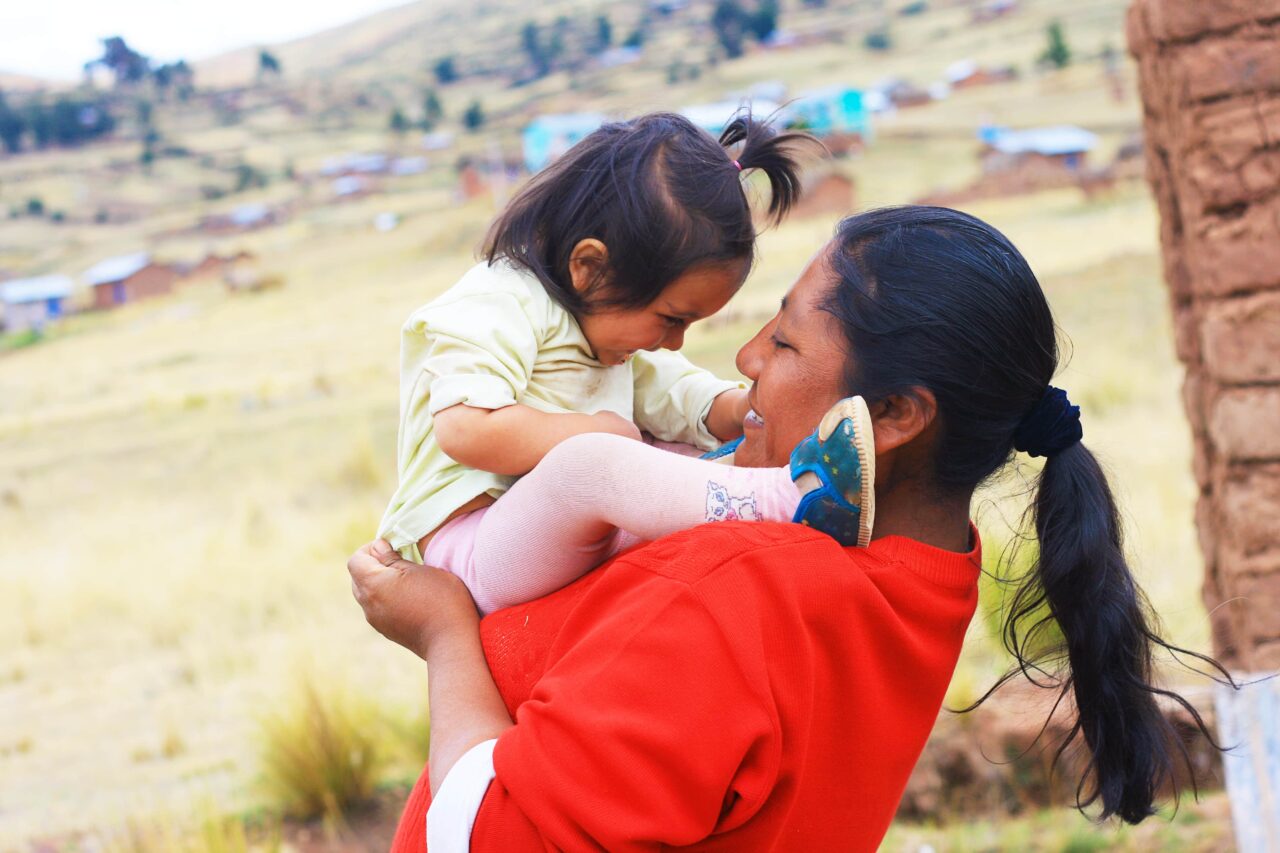
Health Care for American Indian and Alaska Native Veterans
Health Care for American Indian and Alaska Native Veterans
The COVID-19 pandemic highlighted the need for a Veterans Health Administration (VHA) program office to improve health care and access for American Indian and Alaska Native Veterans. Aptive helped operationalize the VA’s new Office of Tribal Health, which equips VHA with senior executive leadership, guidance, strategic direction and policy to support health care, access, and Fourth Mission activities for American Indian and Alaska Native Veterans. Aptive completed an extensive functional review with over 45 stakeholders and subject matter experts that informed the Office of Tribal Health’s mission, vision, values and scope. We drafted position descriptions, managed recruiting efforts, onboarded employees and developed the Office of Tribal Health charter identifying purpose, strategy and stakeholders. The work also includes developing and implementing communications and change management plans.
Read More


